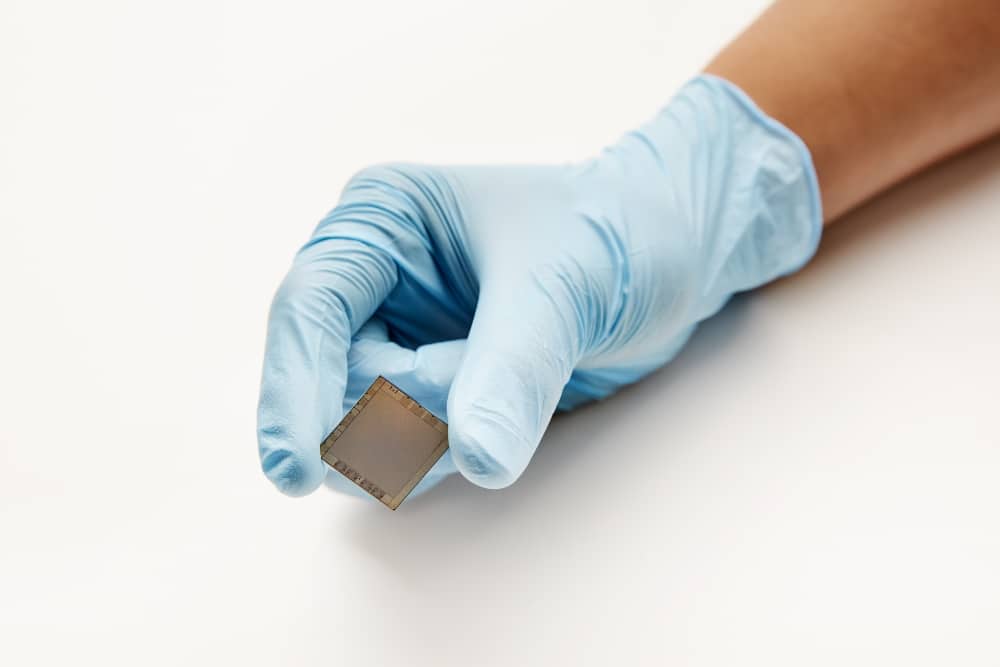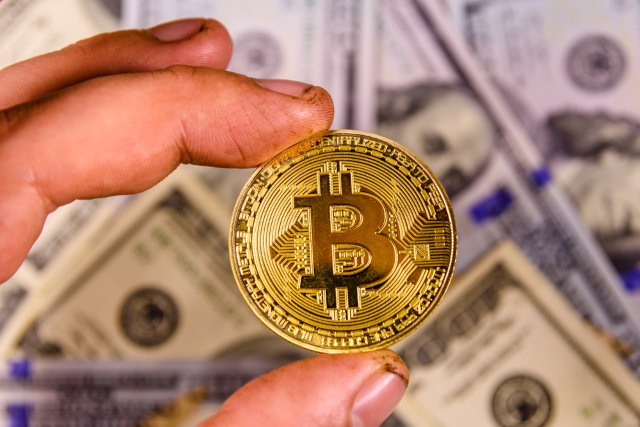
How to protect your business from loyalty fraud
Today, businesses are realizing that a top-notch customer experience is the key to staying one step ahead in a highly competitive market. Enterprises are investing in loyalty schemes to elevate the online shopping experience for their most valued customers.
Unfortunately, fraud rings have shifted towards account-based vulnerabilities and target loyalty schemes through sophisticated fraudulent techniques. Not only that, but individual customers and internal staff can also exploit loyalty schemes and commit fraud, according to Signifyd’s ecommerce data report. We explore how to protect your business from loyalty fraud to reduce both brand reputation and customer relationship damage.

Fraudsters better than customers at answering security questions
We're all used to those irritating questions you have to answer when you contact a company: the make of your first car, the town where you were born, the dog's maiden name, etc. But it seems that criminals may actually be better at answering them than we are.
Fraudsters are able to pass knowledge based authentication (KBA) questions 92 percent of the time, based on a national contact center case study, while genuine customers only pass KBA's 46 percent of the time.

Outsmarting the new generation of online fraudsters [Q&A]
Millions of dollars are lost to online scams each year and the fraudsters are getting ever more sophisticated in the targeting of their attacks.
Much of today's fraud is executed using information about the consumer's habits and personal details, usually captured in phishing attacks or data breaches. The fact that we’re conducting more of our transactions online as a result of the pandemic has created even more opportunity for fraudsters.

Financial fraud attempts up over 200 percent in two years
A new study into financial fraud from Feedzai finds that fraud attempts globally are up by 233 percent over the last two years.
Over the same period there has also been a whopping 794 percent increase in fraud on digital entertainment transactions. The effects of the pandemic are evident too with a 65 percent increase in online transactions and a 75 percent drop in US cash withdrawals.

Protecting voice communications from fraud and deep fakes [Q&A]
The UK's National Computer Security centre (NCSC) has recently issued new guidance on secure communications for voice and video calls and SMS in order to help protect consumers from scams.
UK telecoms regulator Ofcom has also announced a crackdown on scam phone calls using fake numbers as their volume has soared during the pandemic.

The countries where you're most likely to fall victim to cybercrime
Worried about becoming a victim of cybercrime? A new study from Surfshark reveals the places where your fears are most likely to be justifed, the countries where cybercrime density -- the number of attacks per million of population -- is highest.
The UK tops the list with 3,409 victims per million internet users, almost twice as many as the US (1,724 per million). The number of victims in the UK also grew by 130 percent compared to 2019, which is the second-highest year-on-year growth worldwide after South Africa which faced the sharpest rise of 277 percent.

Identity fraud gets more sophisticated, pointing to organized crime involvement
In the last year, 47 percent of all identity document fraud was classed as 'medium' sophisticated, a 57 percent increase over the previous 12 months.
A report from identity verification and authentication company Onfido says this points to organized groups attempting to create 'verified' accounts with fake documents before using them to embark on other types of fraud.

The changing face of fraud and how artificial intelligence is helping to counter it [Q&A]
Financial crime is on the increase and attackers must be stopped in their tracks. Financial service organizations new and old need to ensure they have the right technology in place to predict, detect and deter fraud, whilst ensuring minimal disruption to the customer journey.
We spoke to Martin Rehak, CEO of Resistant AI to find out how sophisticated artificial intelligence can detect known criminal practices and more importantly, predict the unknown emerging patterns of financial crime.

How technology can cut the rise of voice fraud
Coverage of fraud tends to focus on the online methods such as phishing, credential stuffing, opening fake accounts and so on.
But there's another side to the problem in the form of voice fraud via 'vishing' and the use of social engineering techniques, this is made simpler by the ease with which numbers can be spoofed so a call can appear to come from a legitimate number such as your bank.

IBM unveils new chip designed to detect fraud with AI
IBM is releasing details of its new Telum Processor, designed to bring deep learning to enterprise workloads and help address fraud in real-time.
Telum is IBM's first processor to contain on-chip acceleration for AI inferencing while a transaction is taking place. Three years in development, the breakthrough of this new on-chip hardware acceleration is designed to help customers achieve business insights across banking, finance, trading, insurance applications and customer interactions.

Banking fraud rises by more than 150 percent
A new report from financial crime management platform Feedzai shows that all banking fraud -- combining internet, telephone, and branch attacks -- grew by 159 percent in the first quarter of 2021 compared to the end of 2020.
Based on analysis of over 12 billion global banking transactions from January to March 2021 the study shows online banking made up 96 percent of all banking transactions and accounted for 93 percent of all fraud attempts.

Elon Musk- and Tesla-themed Bitcoin scams seek to lure victims
A favorite tactic of scammers is to invoke the name of a celebrity to get people to fall for their schemes. It's no surprise then that, given his known enthusiasm for cryptocurrencies, Tesla supremo Elon Musk's name often comes up.
Researchers at Bitdefender Antispam Lab have spotted two spam campaigns this month both seeking to cash in on Musk and Tesla's high profile in the cryptocurrency world.

What your fraud risk service provider may not want you to know
Since the advent of B2C eCommerce in earnest about twenty years ago, an "armed conflict" has been raging between the merchants and financial services providers on one side of the equation, and the fraudsters attempting to take advantage of vulnerabilities in the ecosystem on the other side. A typical metaphor for this conflict is the reference to the "Whack-A-Mole" game. The implication is that immediately after a vulnerability is quashed by the implementation of technologies targeted to detect and block it, new technologies and tactics are introduced by fraudsters to perpetuate successful fraud. And so the battle rages on… until now.
One key consideration in preventing fraud is the use of technologies to determine whether the purchaser at the other end of an Internet session is actually the person they represent themselves to be. Some would say that the first major breakthroughs in identifying "Who is there?" on the purchaser side was the use of IP intelligence, and associated technologies like proxy piercing detection. Additional enhancements to complement the first fraud detection technologies have included the addition of more sophisticated "inference-dependent" technologies categorized as Artificial Intelligence and Behavioral Biometrics. All of the services delivered in this category use the combination of various dynamic and static inputs or "signals" to infer the probability that there is indeed a person at the other end of an Internet session, and that it is indeed the person is actually who they represent themselves to be. In other words, implying "Who is there?"
